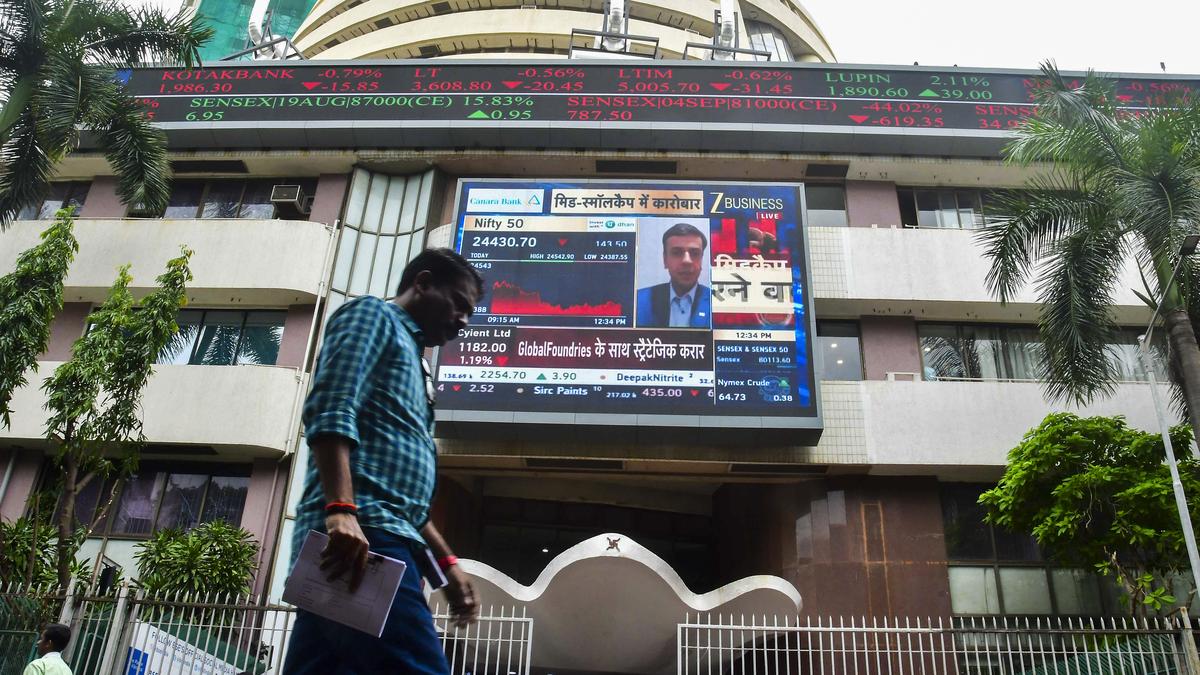Beijing’s incentive measures aim to promote domestic consumption, China as a major market for American vehicle manufacturers, especially if the US enters a recession. The US Auto Sector contributes 3-5% to the US GDP and directly or indirectly employs about 5 million workers.
On 9 March, the Coby letter exposed the dark clouds for the US auto sector:
“The share of subprime car borrowers was 6.6% in January due to its loan at least 60 days, which is the highest in at least 30 years. […]The level is now more than 2020, the level seen in 2008 and the previous peak recorded in 1996.
Considering dynamics, the US administration may face challenging business talks. China’s Foreign Minister recently Said If the US insists on teasing a business or tariff war, China will see it till the end.
China’s transition for a consumer-managed economy and American goods
Last week, Beijing released its 2025 work reports, underlined economic goals and promised monetary and fiscal policy aid. These measures are part of a large target of infection in China’s export-anti-consumption economy. Although it reduces China’s dependence on foreign demand, domestic consumption can promote the demand for national and international brands, affecting American businesses dependence on Chinese consumers.
For the American Auto sector – a major indicator of comprehensive labor market trends – the developed economic policies of China may be important.
Market Moves: Hang Seng Index and Mainland Markets face minor losses
Despite Monday’s US market cell-off, Hong Kong and mainland China-list shares posted a minor loss on Tuesday, March 11.
The Hang Seng index fell 0.34%, while the CSI 300 and Shanghai Composite Index of the mainland fell 0.41%and 0.32%respectively. Meanwhile, the purchase frenzy for technical shares continued, with Hang Seng Tech Index 0.89%.
Hong Kong-listed auto stock Lee Auto and Byd saw moving forward on March 11, giving a year-on-year profit of 19% and 31% respectively. In contrast, General Motors were below 9.74% year-over year, with Tesla Tumbling 45%.


